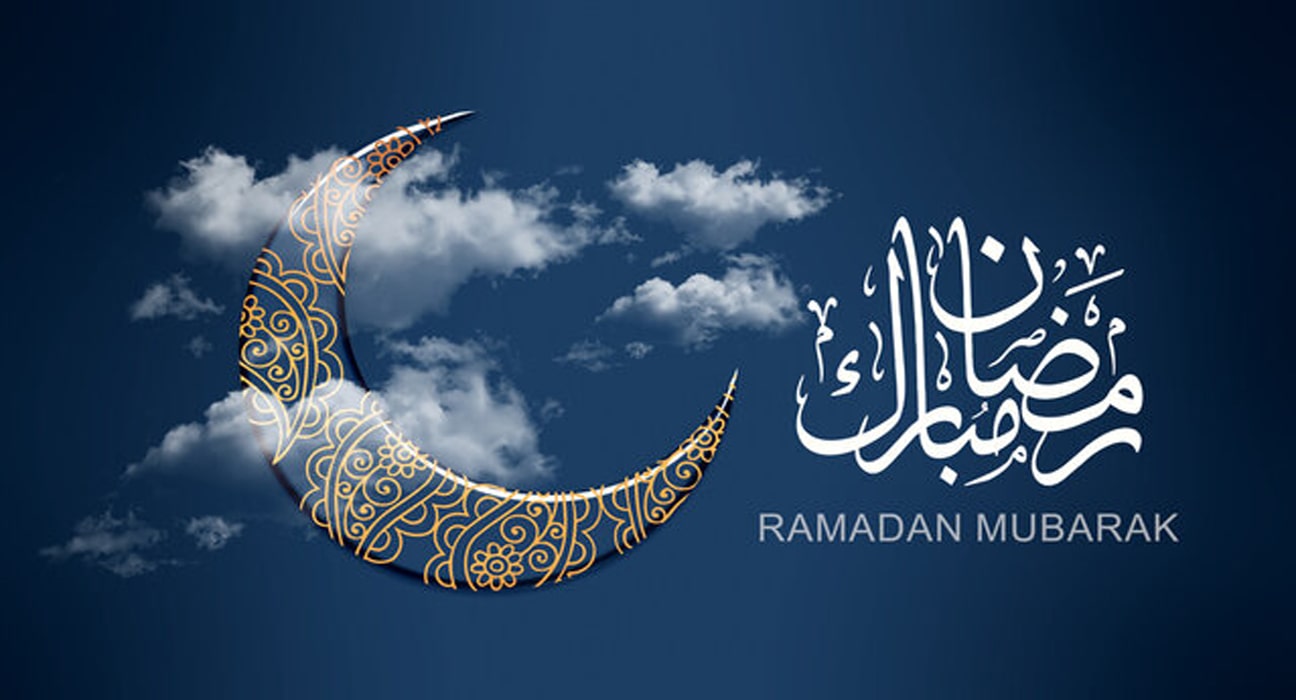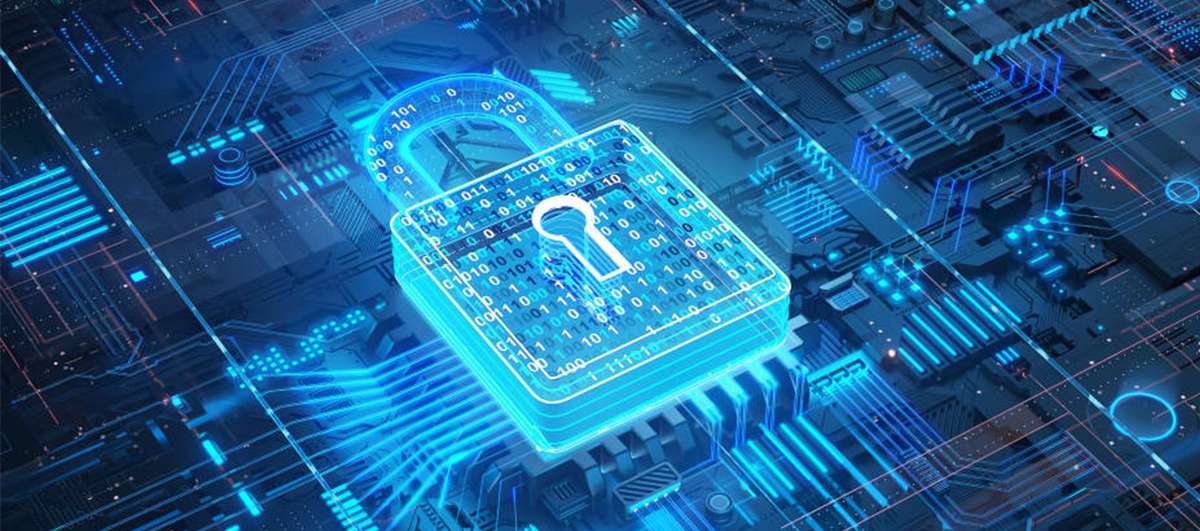Ramadan Mubarak! A Look into the Holy Month of Ramadan

Introduction:
Ramadan, the ninth month of the Islamic lunar schedule, holds significant importance for Muslims around the world. It is a month of fasting, spiritual reflection, increased devotion, and community engagement. Ramadan not only shapes the religious identity of Muslims but also fosters a sense of unity and empathy among individuals. Let’s delve deeper into the essence and practices of this sacred month.
The Significance of Ramadan:
Ramadan commemorates the revelation of the Quran, the holy book of Islam, to Prophet Muhammad (peace be upon him). It is observed by Muslims as a period of fasting (Sawm) from dawn until sunset. Fasting during Ramadan is one of the Five Mainstays of Islam, which are the major demonstrations of love and the groundwork of a Muslim’s confidence and practice.
Fasting in Ramadan:
Fasting in Ramadan involves abstaining from food, drink, smoking, and marital relations during daylight hours. The fast is broken each evening with a meal called Iftar, often beginning with dates and water, followed by a larger meal. The pre-dawn meal before the fast begins is called Suhoor.
The spiritual significance of fasting lies in self-discipline, self-reflection, and empathy for those who are less fortunate. By experiencing hunger and thirst, Muslims develop a heightened awareness of their dependence on God and their gratitude for His blessings.
Prayer and Reflection:
In addition to fasting, Ramadan is a time for increased prayer, recitation of the Quran, and spiritual reflection. Muslims engage in Taraweeh prayers, special nightly prayers performed in congregation during Ramadan. These prayers offer an opportunity for believers to seek forgiveness, guidance, and spiritual growth.
Charity and Generosity:
Charity (Zakat) is another integral aspect of Ramadan. Muslims are encouraged to give to those in need, both within their community and beyond. This charitable giving is not only a means of purifying one’s wealth but also a way to support those who are struggling and marginalized.
Community and Fellowship:
Ramadan fosters a sense of community and fellowship among Muslims. Families gather for Iftar meals, mosques host communal prayers and meals, and neighborhoods come alive with the spirit of Ramadan. The breaking of the fast becomes a shared experience, strengthening bonds of friendship and unity.
Conclusion:
Ramadan is a time of spiritual renewal, self-discipline, and devotion for Muslims around the world. It is a month filled with blessings, opportunities for reflection, and acts of kindness. Through fasting, prayer, charity, and community engagement, Muslims seek to deepen their connection with God and embody the values of compassion, empathy, and generosity. As the crescent moon heralds the beginning of Ramadan, Muslims greet each other with the words “Ramadan Mubarak,” wishing one another a blessed and fulfilling month. May this Ramadan bring harmony, favors, and otherworldly illumination to all who notice it. Ramadan Mubarak!











